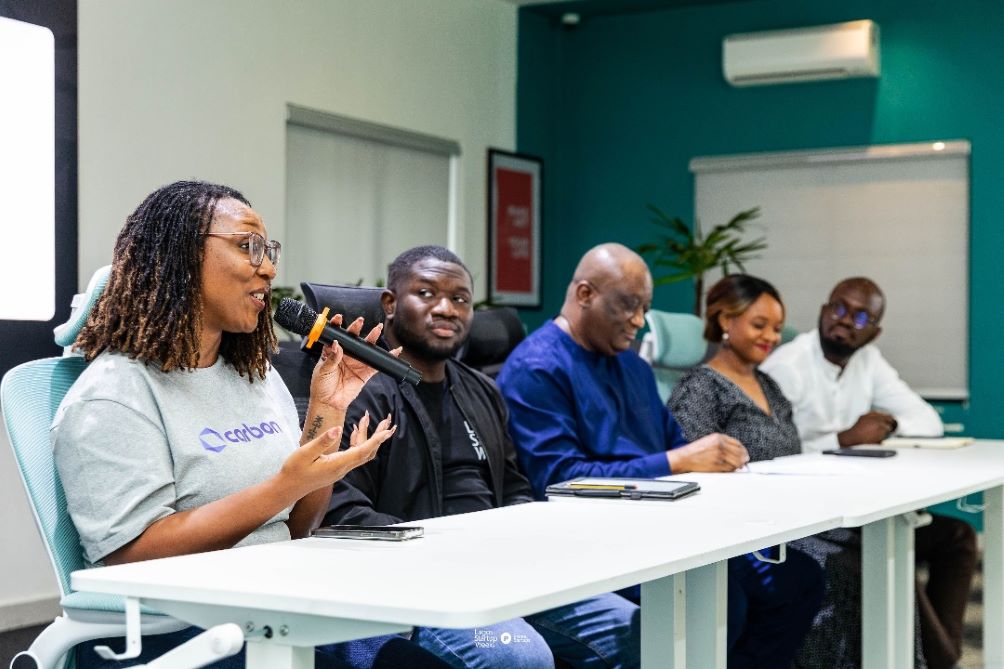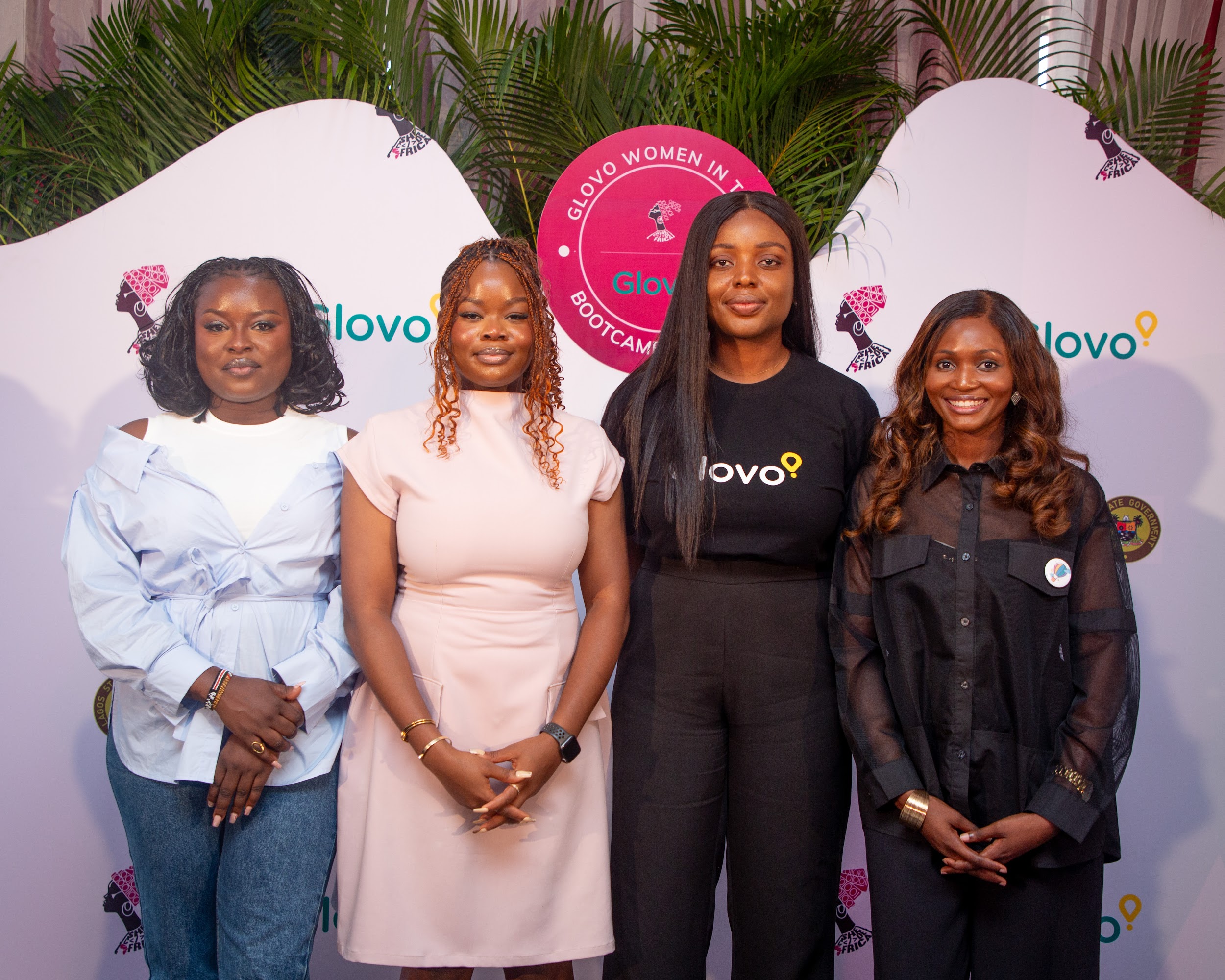Start-ups in Nigeria, Kenya and others raised $460million in the first quarter (Q1) of this year through $100k+ deals (exc. exits), which is actually not much below the Q1 2024 number ($486million -five per cent YoY), according to new report.
The report, entitled: Africa: The Big Deal, noted that Q1 2024 already wasn’t a particularly good quarter while Q1 2025 is the second-lowest quarter in terms of start-up funding since late 2020. Things are looking more positive if focus is put on the number of start-ups that announced at least $1million of funding in Q1: with 52, this is aligned with the 2023-2024 average.
According to the report, the ecosystem started the year on a high, with close to $300million raised by start-ups in January. February wasn’t as good ($119million), yet we still found reasons to be optimistic. The performance in March was poor in comparison though, as only $50million in funding were announced, one of the lowest monthly tallies since late 2020.
That said, the number of start-ups announcing funding was on par with previous months; the issue is that there was no deals over $10million announced.
Unsurprisingly, 83per cent of the funding went to the Big Four with Kenya, Nigeria and South Africa attracting roughly $100million in funding each (24per cent, 24per cent and 22per cent of the total respectively), followed by Egypt ($61million, 14per cent). Togo completed the top five, thanks to Gozem’s $30million Series B funding round.
Almost half of the funding (46per cent) was raised by fintech start-ups ($53million for LemFi, $38million for Naked etc.), followed as usual by energy (18per cent) and logistics & transportation (10per cent).
Just over two per cent of the funding was raised by female CEOs ($10million), with the largest such round being a $6.2million grant to South African biotech African Biologics. If grants were deducted from the total, the share of funding raised by female CEOs in Q1 2025 would fall to 0.7per cent. At the end of the day, 79per cent of the funding went to either solo male founders (11per cent) or male-only founding teams (67per cent).
Diverse founding teams attracted 20per cent of the total – which isn’t great, but is actually not a bad performance compared to previous quarters. A mere one per cent was invested in solo female founders or female-only founding teams.






